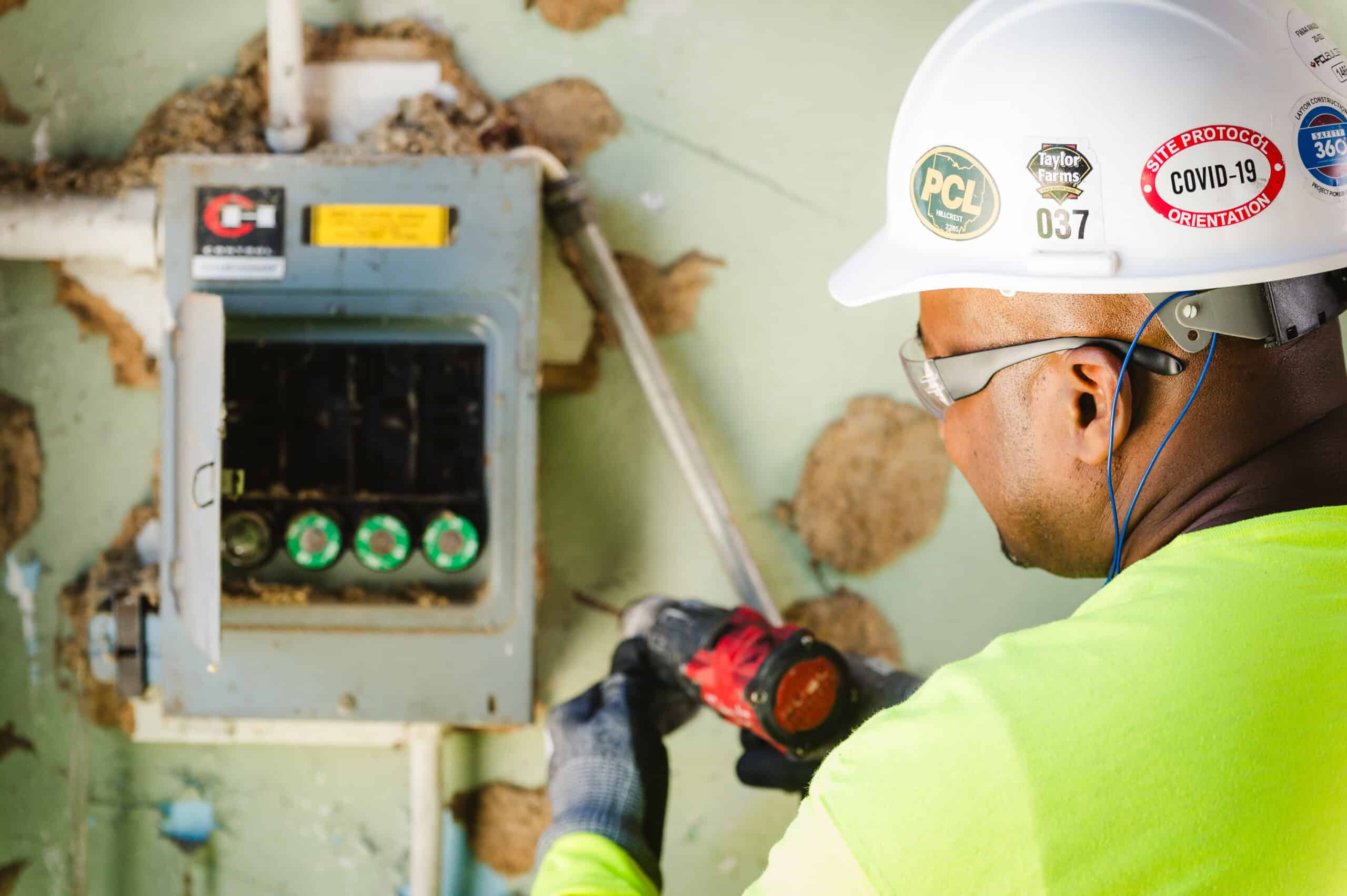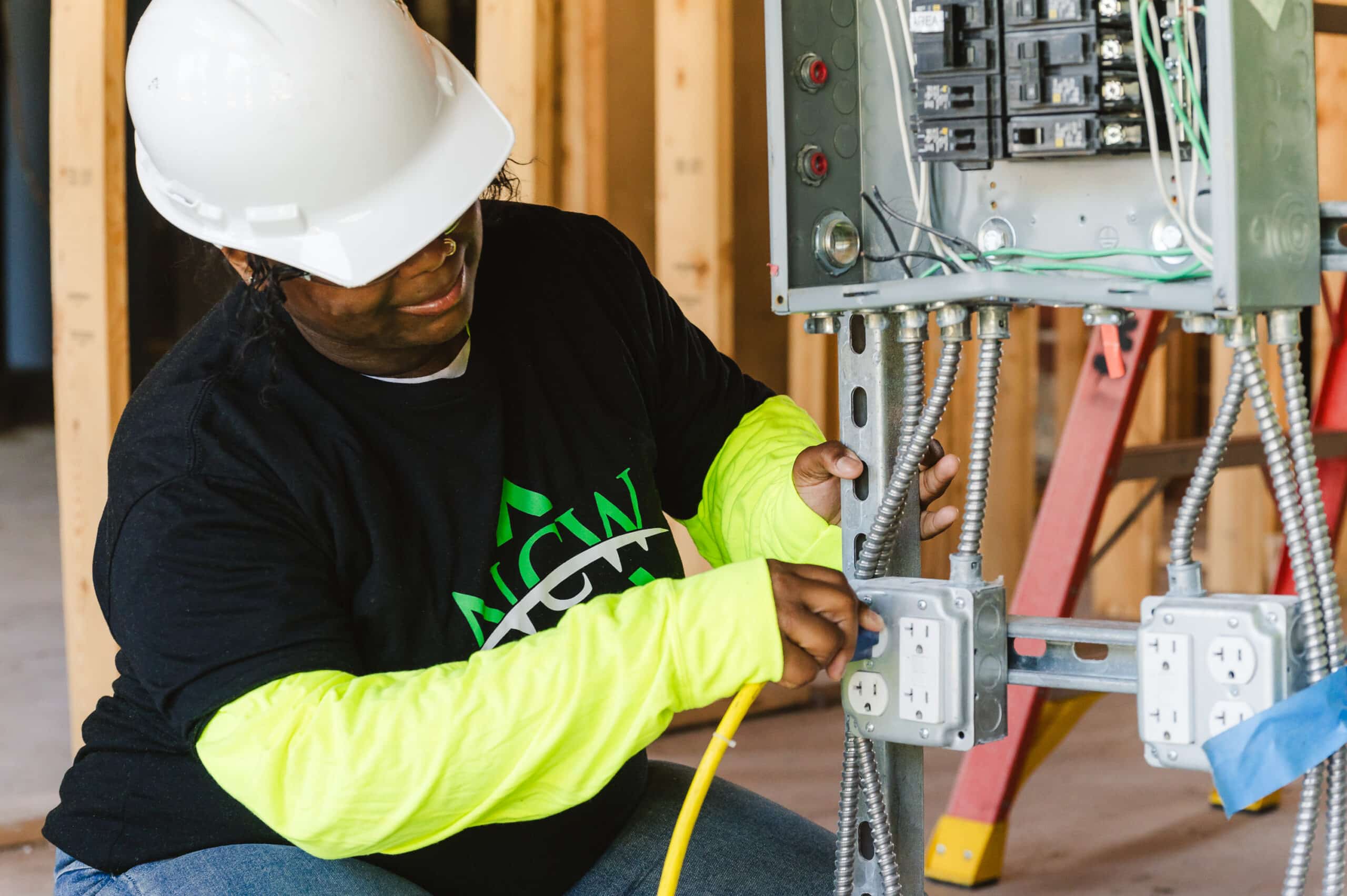
What do Electrical Engineers do?
When you hear the term “electrical engineer,” you might think of someone fiddling with wires or designing complex circuits. While that’s partly true, the world of an electrical engineer is far more diverse and dynamic.
These professionals are the backbone of technology, innovation, and infrastructure. They work on everything from tiny microchips to massive power stations, and their duties can vary greatly depending on their specialization, job site, company, and project. So, let’s take a friendly dive into what one does with an electrical engineer job and how their role can change based on these factors.
The Core of Electrical Engineering
At its heart, electrical engineering is about designing, developing, testing, and supervising the manufacturing of electrical equipment. This can include electric motors, radar and navigation systems, communication systems, and power generation equipment. Electrical engineers also design the electrical systems of automobiles and aircraft.
But it’s not all hardware. Some electrical engineer jobs focus on software, developing programs for computer-aided design (CAD) systems, or even creating software for control systems. The breadth of electrical engineering means that there’s a place for those who love to get their hands dirty with tangible objects and those who prefer to work in the abstract world of software and simulation.
Specializations in Electrical Engineering
Electrical engineering is a broad field with many sub-disciplines, each with its unique focus and responsibilities. Here are a few:
- Power Engineers: These engineers focus on the generation, transmission, and distribution of electricity. They work on power grids, transformers, and generators. Their day might involve designing new systems to handle increased demand, troubleshooting issues with existing infrastructure, or ensuring that power stations operate efficiently. They often work for utility companies, but can also be found in manufacturing plants, designing the electrical systems that keep the machinery running.
- Control Engineers: Control engineers design systems that manage and regulate processes, ensuring everything runs smoothly. Think of an automated factory where robots assemble cars—that’s the work of a control engineer. They design the control systems that tell machines what to do and when. They might work in industrial settings, research labs, or even in software development, creating the algorithms that power autonomous systems.
- Telecommunications Engineers: If you’re reading this blog post on your smartphone or laptop, you can thank a telecommunications engineer. These engineers design and manage the systems that transmit data over distances. They work on everything from cell towers to satellites, ensuring that signals are strong, clear, and reliable. Their work is crucial for keeping the world connected, and they often find themselves employed by telecom companies, working on the cutting edge of 5G, fiber optics, and beyond.
- Electronics Engineers: These engineers focus on the design and development of electronic devices. They work on everything from the smallest microchips in your smartphone to the advanced radar systems used in defense. Electronics engineers often work in product design and development, research and development, or quality control. They might be employed by tech companies, government agencies, or in the aerospace industry.
- Signal Processing Engineers: Signal processing is all about analyzing, modifying, and synthesizing signals such as sound, images, and scientific measurements. These engineers work in a variety of industries, including medical imaging, communications, and audio engineering. They might design algorithms to improve the quality of MRI scans, enhance the clarity of phone calls, or develop new ways to compress data for storage.

How Duties Change Based on Location, Company, and Project
The role of an electrical engineer can vary significantly depending on their work environment.
- Job Site: An engineer working in a power plant might spend their days on the plant floor, overseeing the operation of turbines and generators, while an engineer working in a research lab might spend their time running simulations and analyzing data. On a construction site, an electrical engineer might work closely with architects and construction crews to ensure that the building’s electrical systems are installed correctly and safely.
- Company: The size and type of company can also influence an engineer’s duties. In a large corporation, an electrical engineer might specialize in a particular area, working as part of a large team with specific roles. In contrast, at a startup, they might wear many hats, from designing circuits to troubleshooting issues on the manufacturing floor. The culture and resources of a company can significantly shape an engineer’s daily tasks and responsibilities.
- Project: The nature of a project can dictate the role of an electrical engineer. For example, working on a new consumer electronics product might involve rapid prototyping, testing, and iteration, while a large infrastructure project might involve detailed planning, regulatory approvals, and coordination with multiple stakeholders over several years.
The world of an electrical engineer is as varied as it is essential. Whether they’re working on a cutting-edge smartphone, a vast power grid, or the next generation of autonomous vehicles, electrical engineers are at the heart of technological innovation and infrastructure. Their duties and responsibilities may change based on their specialization, job site, company, and project, but one thing remains constant: their crucial role in powering the modern world.
How Staffing Agencies Find Electrical Engineer Jobs
If this field of work sparks interest with you, visit our blog discussing what it take to become an electrical engineer and how to find jobs in this important field. In case it wasn’t obvious, NCW is an excellent source to help find jobs in electrical engineering. NCW enjoy building relationships to understand what’s truly important to job seekers.
If you’re interested in talking with a team member at NCW, submit your information below to have a NCW team member contact you!
